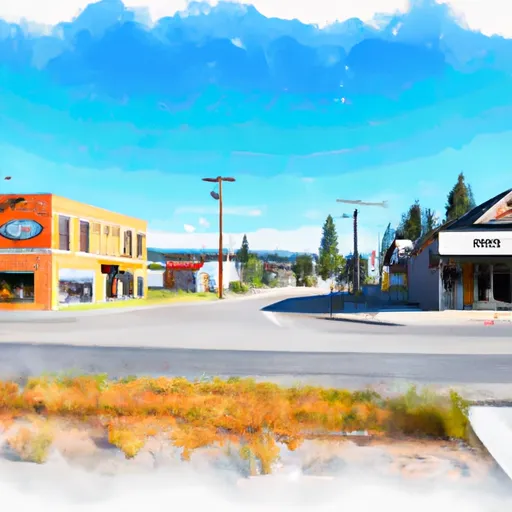°F
°F
mph
Windspeed
%
Humidity











McCall, Idaho is a charming mountain town nestled in the heart of the Payette National Forest. Known for its stunning natural beauty and abundant recreational opportunities, McCall attracts nature enthusiasts and outdoor adventurers year-round.
McCall experiences a subarctic climate characterized by cold winters and mild summers. Winter temperatures range from 10°F to 30°F (-12°C to -1°C), and summer temperatures vary between 70°F and 85°F (21°C to 29°C). The area receives plentiful snowfall, making it a haven for winter sports enthusiasts.
Hydrologically, McCall is surrounded by several lakes, including the pristine Payette Lake, which covers over 5,300 acres. The lake's crystal-clear waters are fed by several small creeks and streams, providing a habitat for various aquatic species. The Payette River also flows nearby, offering opportunities for fishing, kayaking, and whitewater rafting.
Outdoor recreation options in McCall are abundant. In winter, visitors can enjoy skiing, snowboarding, snowmobiling, and snowshoeing at nearby Brundage Mountain Resort or Tamarack Resort. During summer, activities like hiking, mountain biking, boating, paddleboarding, and fishing are popular. McCall is also home to the McCall Golf Club, featuring a picturesque 27-hole course.
Overall, McCall, Idaho is a haven for outdoor enthusiasts, offering a diverse range of recreational activities in a stunning natural setting.
Weather Forecast
Mc-Call receives approximately 700mm of rain per year, with humidity levels near 68% and air temperatures averaging around 5°C. Mc-Call has a plant hardyness factor of 5, meaning plants and agriculture in this region thrive during a short period during spring and early summer. Most plants will die off during the colder winter months.
Regional Streamflow Levels
4,540
Cubic Feet Per Second
126
Cubic Feet Per Second
2
Cubic Feet Per Second
423
Cubic Feet Per Second
Nearby Camping
| Camping Area | Reservations | Toilets | Showers |
|---|---|---|---|
| Kennally Creek | |||
| Horsethief Reservoir State Park | |||
| Last Chance | |||
| Donnelly Lakeside City Park | |||
| Ponderosa State Park | |||
| Lake Cascade State Park |



